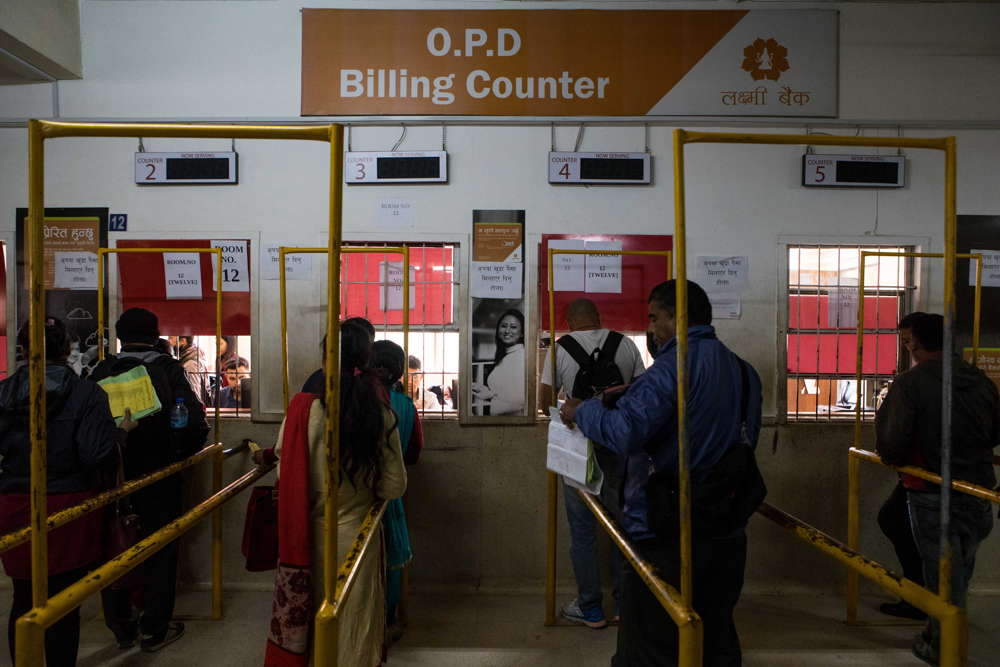Vaccine Economics Research for Sustainability & Equity (VERSE)
Challenge
As low- and middle-income countries expand domestic investment in vaccines, data on the economic value of these investments can help decision-makers compare the benefits of vaccination with other health and non-health investments. These data can also provide advocates with rigorous evidence to demonstrate the impact of vaccines in terms that are comparable with other sectors. Additionally, it is crucial to understand inequities in access and coverage and how inequitable vaccine coverage may impede full the realization of the benefits of vaccines at the national-level.

Approach
The goals of VERSE are to
- Adapt the Decade of Vaccine Economic (DOVE) models used by international organizations to compute the economic benefits and return-on-investment of vaccines to be usable at the country-level by decision-makers.
- Create a standardized model for assessing, tracking, and targeting vaccine coverage inequity at the country level and for monetizing the economic losses due to inequity.
- Update a costing, financing, and funding gap model with new data to better assess existing financing gaps and use these data to create sustainable financing plans in order to meet future vaccine coverage targets.
- Fill gaps in cost-of-illness and economic benefits data at the country level for use in country-specific models through collaboration with stakeholders in Bangladesh, India, Nigeria, and Uganda.
- Develop materials educating decision-makers and advocates on how to collect and use vaccine economic data as evidence in decision-making and advocacy.
Photo by Amanda Mustard for the International Vaccine Access Center.
Benefit-Cost Analysis of Routine Immunization Services During COVID-19
The VERSE team is conducting the ‘Economic Benefit-Cost Ratios from Continuing Routine Immunization During COVID-19 Lockdown in Africa’ study. Their research is estimating benefit-cost ratios of continuing routine immunization services during the COVID-19 pandemic in African countries. This work builds on a recently published study from the London School of Hygiene and Tropical Medicine that estimated the benefit-risk ratio for continuing routine immunization services.
Project Status
Active
Practice Areas
Economics & Finance
Disease Focus
COVID-19, Dengue, Diarrhea, Haemophilus influenzae type b (Hib), Human papillomavirus (HPV), Malaria, Measles, Meningitis, Meningococcal disease / MenACWY, Pneumococcal disease, Pneumonia, Polio, Respiratory syncytial virus (RSV), Rotavirus, Rubella, Typhoid, Vaccine Programs
Location
Bangladesh, Global, India, Nigeria, Uganda
Target Population
Child
Partners
- International Centre for Diarrhoeal Disease, Bangladesh (icddr,b)
- Makerere University
- Bill & Melinda Gates Foundation (BMGF)
- Vaccine Impact Modeling Consortium (VIMC)
- Learning Network for Countries in Transition (LNCT)
- Gavi, the Vaccine Alliance (Gavi)
- World Health Organization (WHO)
- The Equity in Health Policy Research Group (EquiPol)
- ImmunizationEconomics.org
Project Contact
Bryan N. Patenaude, ScD
bpatena1@jhu.edu
